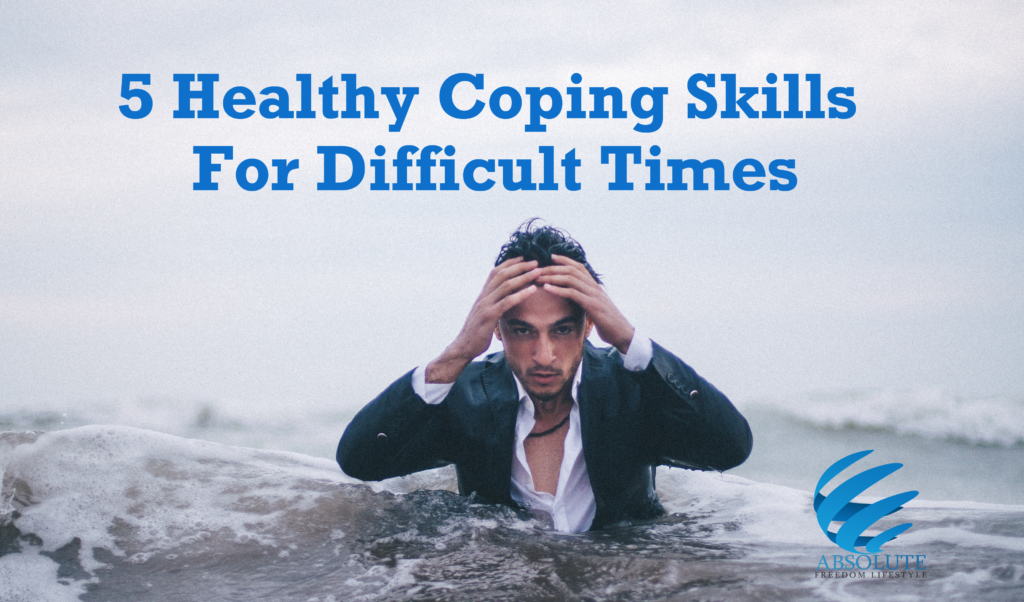#1 Rely on Rituals
Rituals are daily routines that we use to normalise our life. Health.com recommends that you utilise rituals to help you cope with normal stress. Rituals that focus on sleep and eating can be the most helpful because they ensure you will get the proper nutrition and sleep during a stressful time. The routines and rituals will also help you feel normal even during the most chaotic events.
Walking the dog every evening before bed can be a great evening ritual that signals your body it’s time for bed. Having a morning cup of oatmeal with a coffee can also be a great ritual to help you get through a difficult time. While these seem like simple everyday activities, the routine will help you feel normal and help you get back on track.
#2 Talk with Other People
The Center for Disease Control recommends that you seek out other people to discuss your feelings with. These people can be parents, friends, a counselor, a doctor, or a pastor. Talking about your problems can help you find solutions.
Even if you do not find solutions to the problems, just getting it off your chest can help you feel better. If you’re worried about confidentiality professionals like counselors, doctors, and pastors do keep all of your information private. There is no need for you to feel the burden of stress all alone.
#3 Take Care Of Yourself
Often during difficult times, people tend to neglect their self-needs. Taking care of yourself is very important no matter how crazy or hectic your life gets or what tragedy has happened. Eating right, getting enough sleep, drinking plenty of water, and engaging in regular exercise are all ways that can help you cope with trauma, stress, and other stressful situations.
Psychology Today notes that even simple things like reading a novel, dancing, going out, listening to music or enjoying your favorite hobby are great ways to take care of yourself by making time for you. Even in stressful situations, you should still prioritize time for yourself to make sure that you are taken care of.
#4 Establish Boundaries
Whether you’re experiencing stress from work, or have experienced trauma, setting boundaries is vital to coping with your situation. Setting work-life boundaries, as well as social boundaries, can alleviate the large portion of stress. With today’s 24-hour electronic communication and social networking many times, we feel the need to be in constant contact with others.
Establishing boundaries on when you are available to communicate with coworkers, friends, and family will help you regain control during a stressful time.
The APA suggests that you need to turn off notifications on your phone and computer. Turn your ringer off to enforce those boundaries do not check your email from home or answer the phone. Reclaiming your time and establishing those boundaries will do wonders when helping you cope with stress.
#5 Write About It
Mental Health Worldwide suggests that you take the time to journal when you are experiencing tough times. Journaling 15 minutes a day to write about the event and how it made you feel (without worrying about grammar or spelling) can significantly relieve the stress you feel about a problematic situation.
This technique can work for significant stressors as well as daily life stress. Getting in the habit of journaling can significantly alleviate any anxiety you feel and is one you can carry on throughout the rest of your life.
With these five tips, you can cope with just about any stress or negative situation that arises. Remember that you are essential and if you feel overwhelmed to seek the help of a professional counselor.


